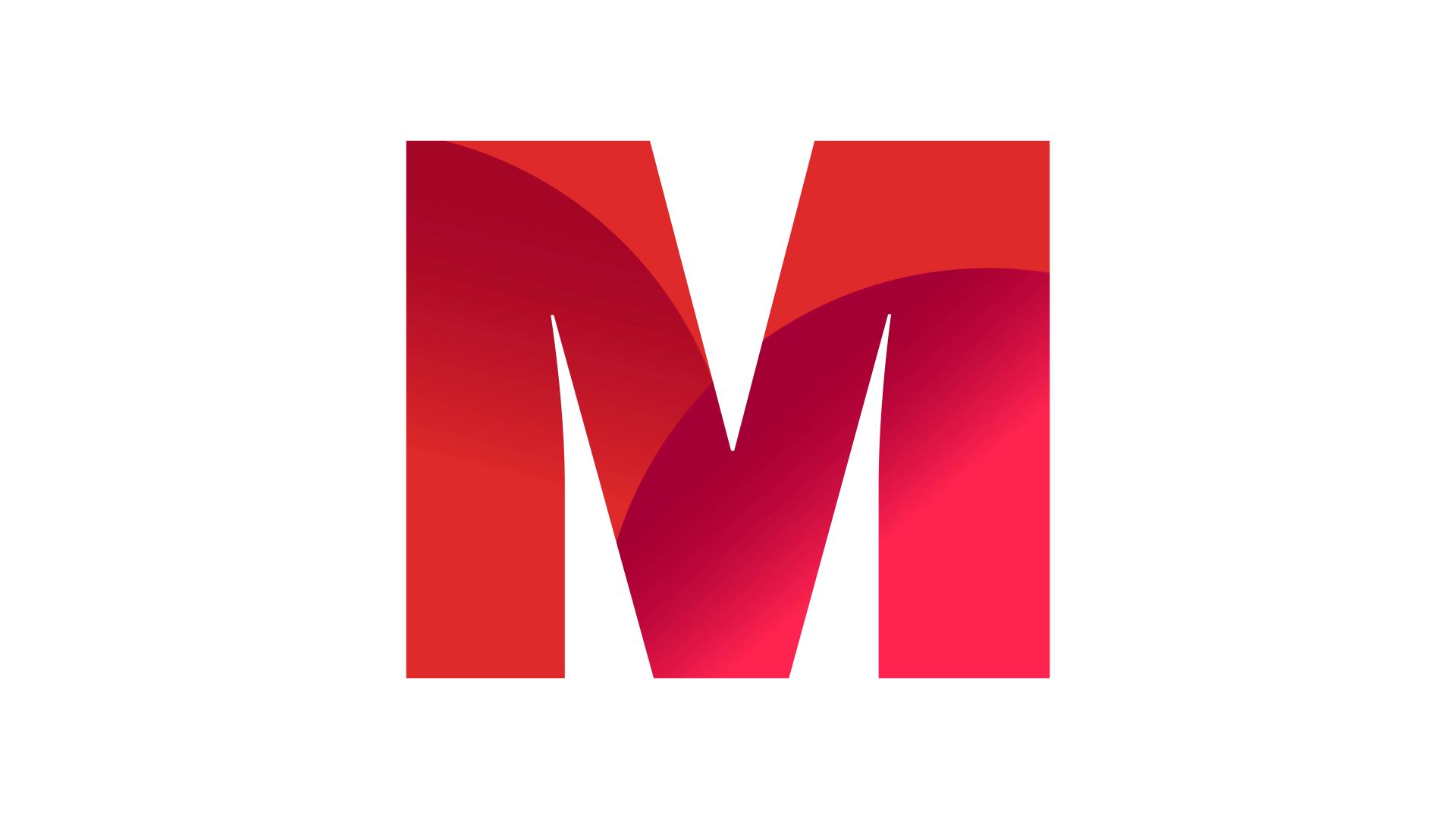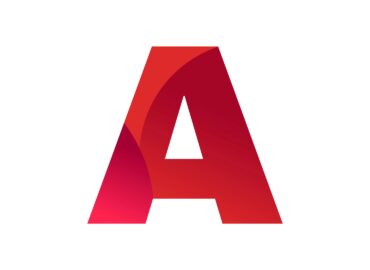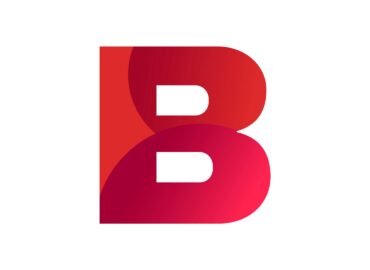M – Glossary
A method of delivering learning content in small, bite sized modules that can be accessed quickly and easily by employees.
A type of artificial intelligence that enables software applications to learn and improve from experience without being explicitly programmed.
An organization that manages the procurement and management of contingent workers on behalf of client organizations.
The gathering and analysis of information about market trends, competitors, and customer needs in order to make informed business decisions.
A relationship between an experienced employee (mentor) and a less experienced employee (mentee) to provide guidance and support for career development.
A structured program in which more experienced employees (mentors) provide guidance, support, and advice to less experienced employees (mentees) in order to help them develop their skills and achieve their goals.
Quantitative measures used to track and evaluate the performance of various aspects of an organization, such as employee productivity, customer satisfaction, or revenue growth.
A term used to describe the generation of people born between approximately 1981 and 1996, who are often characterized as tech.
The delivery of learning content and experiences via mobile devices such as smartphones and tablets.
Teams comprised of individuals with different areas of expertise and skill sets who work together to achieve a common goal or complete a project.
A workforce that includes employees from different generations, such as Baby Boomers, Generation X, and Millennials.
A company that operates in multiple countries, often with a centralized management structure and standardized processes and policies across locations.
The process of developing an employee’s ability to perform multiple job functions within an organization.



